May 20, 2025 | 20:57 GMT +7
May 20, 2025 | 20:57 GMT +7
Hotline: 0913.378.918
May 20, 2025 | 20:57 GMT +7
Hotline: 0913.378.918

Latest domestic and global pepper prices update on 07/11/2024
Globally, the pepper market on July 11 has slightly increased again in Indonesia.
Specifically, the price of black pepper in Lampung, Indonesia, increased by 0.15%, reaching $ 7,166/ton. Meanwhile, the price of white pepper in Muntok, Indonesia, increased by 0.05%, to $ 9,124/ton.
The price of Kuching ASTA black pepper in Malaysia remains at $ 7,500/ton, and the white ASTA pepper in this country is priced at $ 8,800/ton.
In the Brazilian market, the price of ASTA 570 black pepper remains at $ 7,150/ton.
In Vietnam, the export price of 500 g/l black pepper is traded at $ 6,000/ton, while the 550 g/l type is priced at $ 6,600/ton. The export price of white pepper remains at $ 8,800/ton.
Today, the global pepper prices have slightly increased only in Indonesia, while other countries remain stable.
In August, the market hopes for a return to stable maritime transport following the increase in tariffs by the US on imports from China.
Currently, freight rates are high due to a shortage of containers, as Chinese businesses are actively shipping goods to the US before the August deadline.
Thus, world pepper prices on 07/11/2024, have risen again in Indonesia compared to yesterday.
Domestically, the pepper market on July 11 has seen slight decreases in a few areas compared to yesterday.
Specifically, in Dak Lak, the price has dropped by VND 1,000, bringing the purchase price to VND 153,000/kg;
In Dak Nong, the pepper price is also trading at VND 153,000/kg;
In Gia Lai, the pepper is being purchased at VND 153,000/kg;
In Dong Nai, traders are trading pepper at VND 153,000/kg;
In Ba Ria - Vung Tau, the pepper price is holding at VND 153,000/kg;
And in Binh Phuoc, traders are still trading pepper at VND 153,000/kg.
In the domestic market today, pepper prices decreased slightly by VND 1,000/kg in Dak Lak and Dak Nong, while other key regions maintained stability. This brought the price of this agricultural product down to VND 153,000/kg.
The Agency of Foreign Trade (Ministry of Industry and Trade) forecasts that domestic pepper prices will continue to rise in the near future, but the rate of increase will slow down.
Currently, there is a shortage of pepper supply while demand is recovering strongly from major markets such as Europe, the United States, and China. This year's pepper production in Vietnam and many other major producing countries is expected to decline due to the impact of El Nino and reduced cultivation areas.
As of the end of May 2024, Vietnam has exported 109,330 tons of pepper, equivalent to nearly 65% of the current crop's output. This has narrowed the supply further, with less available for export while the 2025 harvest season is still eight months away.
This poses a significant challenge to the pepper market as the forecasted supply is lower than global demand.
Thus, domestic pepper prices on 07/11/2024, are trading around VND 153,000/kg.
$ 1 = VND 25.215 - Source: Vietcombank.
Translated by Hoang Duy
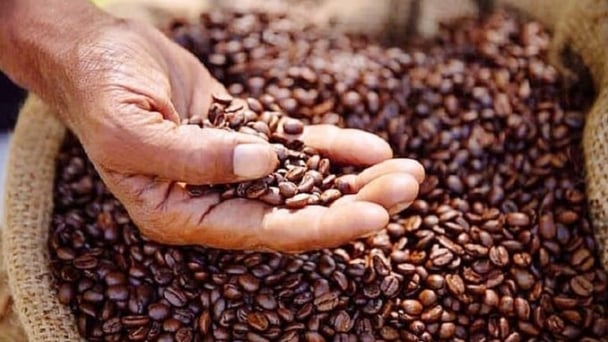
(VAN) Coffee prices on May 20, 2025, surged by VND 2,200, climbing to VND 126,000 – 126,700/kg. Meanwhile, global coffee prices also recorded a sharp increase.
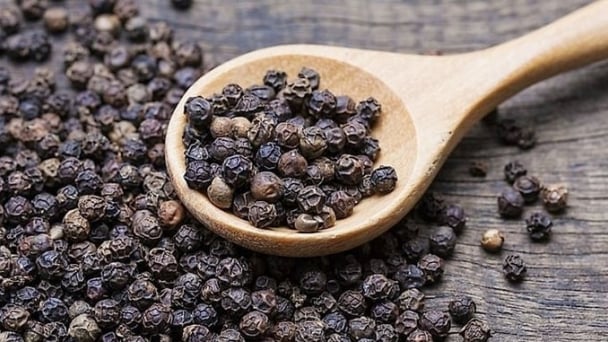
(VAN) Pepper prices on May 20, 2025, dropped by VND 1,000 only in Gia Lai, trading at VND 150,000 – 153,000/kg. Global pepper prices remained unchanged.
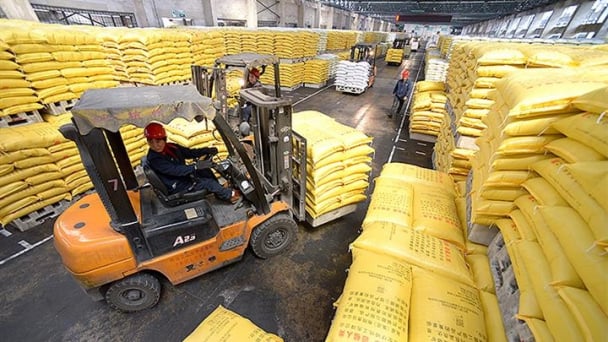
(VAN) Analysts are watching moves out of Asia, particularly with fertilizer.
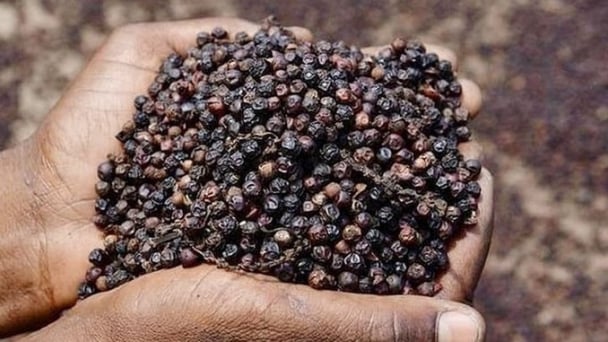
(VAN) Pepper prices on May 16, 2025, fluctuated by VND 500–1,000 domestically, trading at VND 151,000 – 152,000/kg. Global pepper prices remained stable.
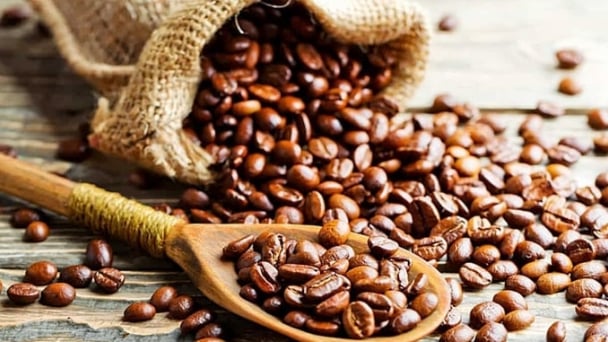
(VAN) Coffee prices on May 16, 2025, edged up by VND 200, trading around VND 125,900 – 126,200/kg. Meanwhile, global coffee prices are showing mixed movements.

(VAN) Live pig prices on May 16, 2025, continue to remain flat. Live pig prices across the 3 regions are trading in the range of VND 67,000 to VND 75,000/kg.
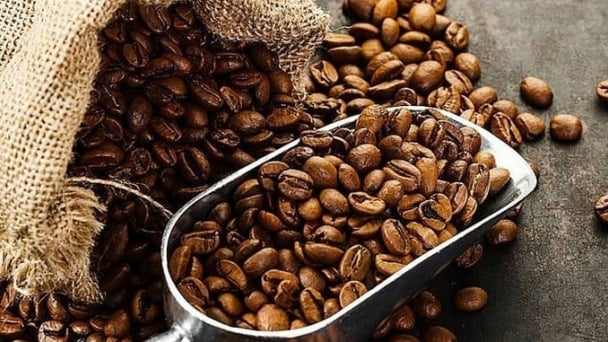
(VAN) Coffee prices on May 15, 2025, fell sharply by VND 2,500, trading at VND 125,700 – 126,200/kg. Global coffee prices also dropped significantly by 3%.